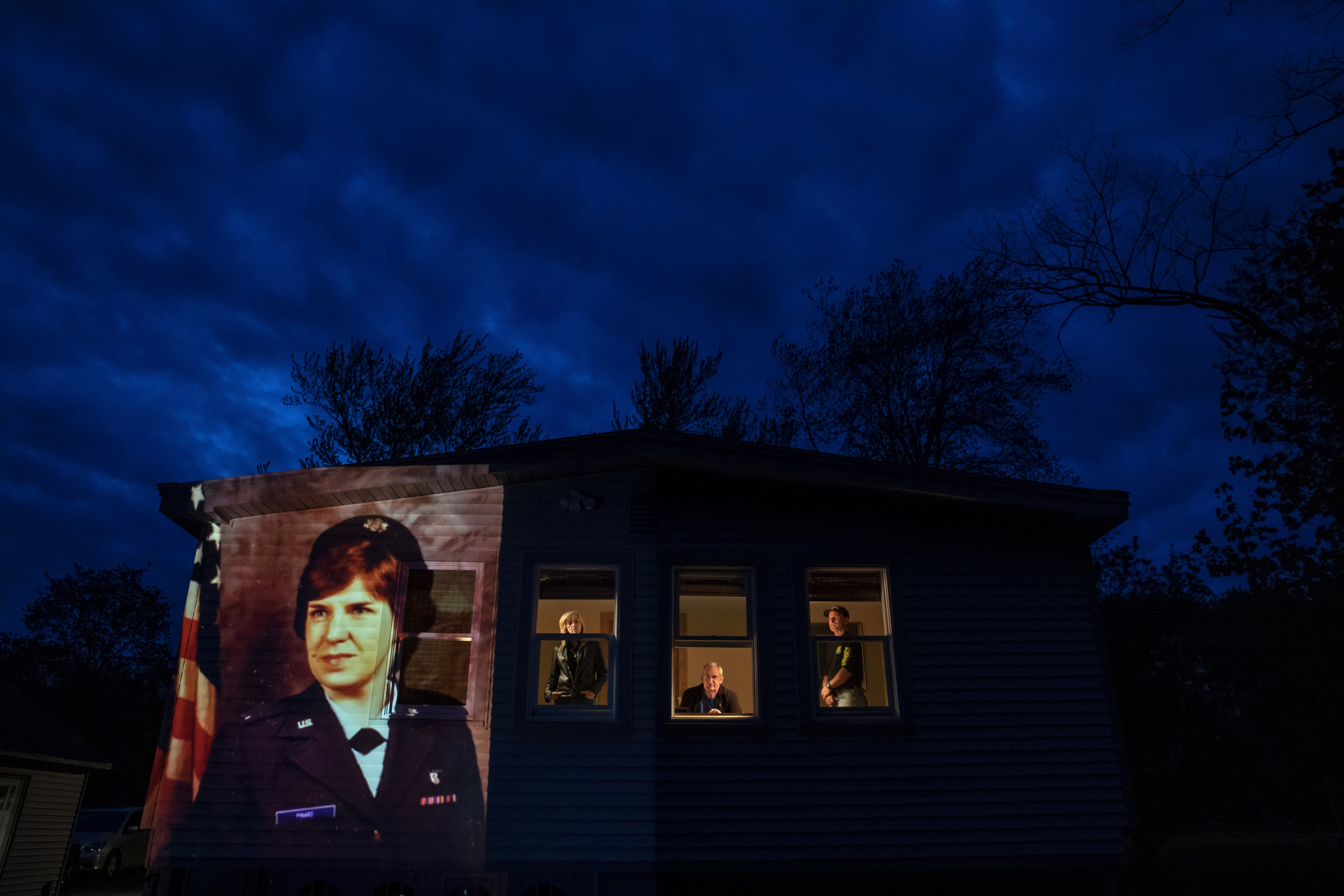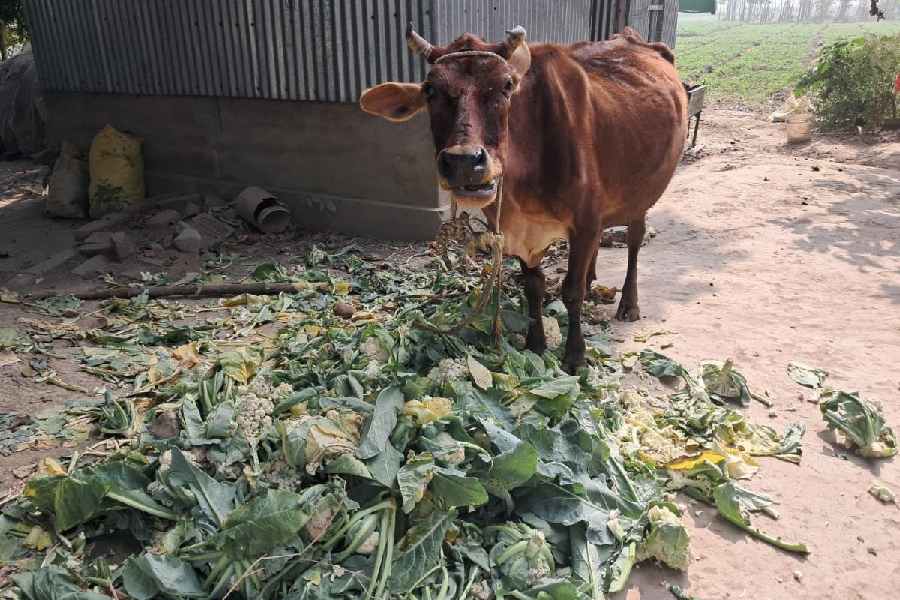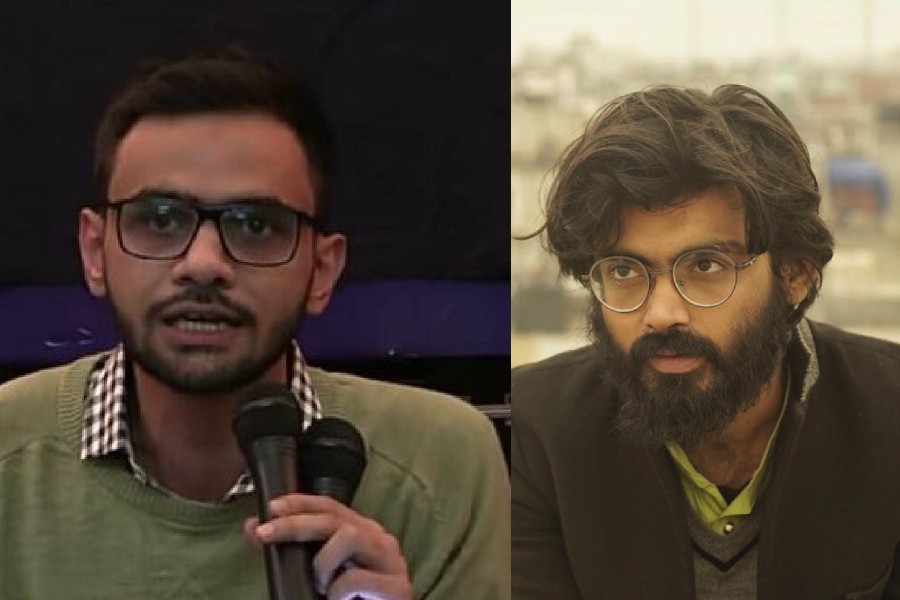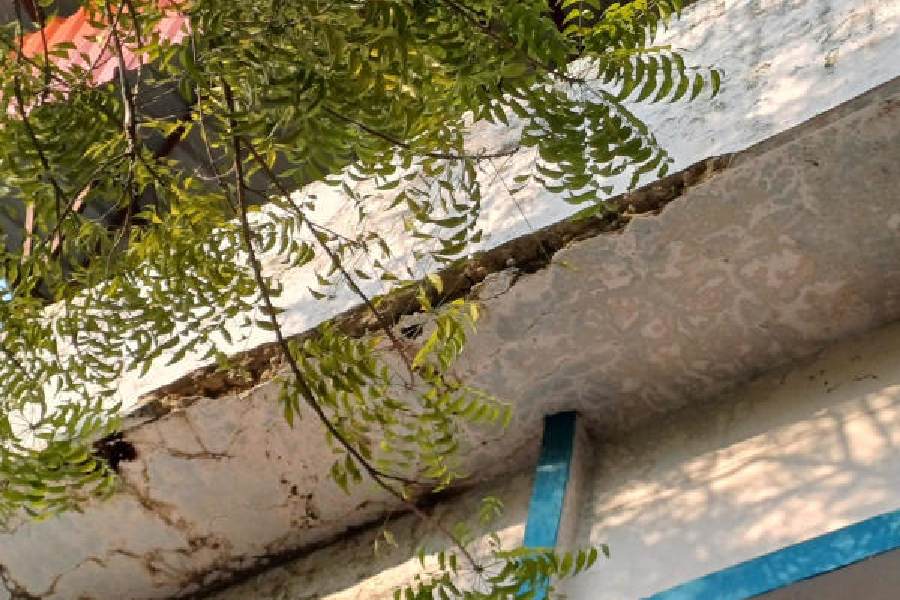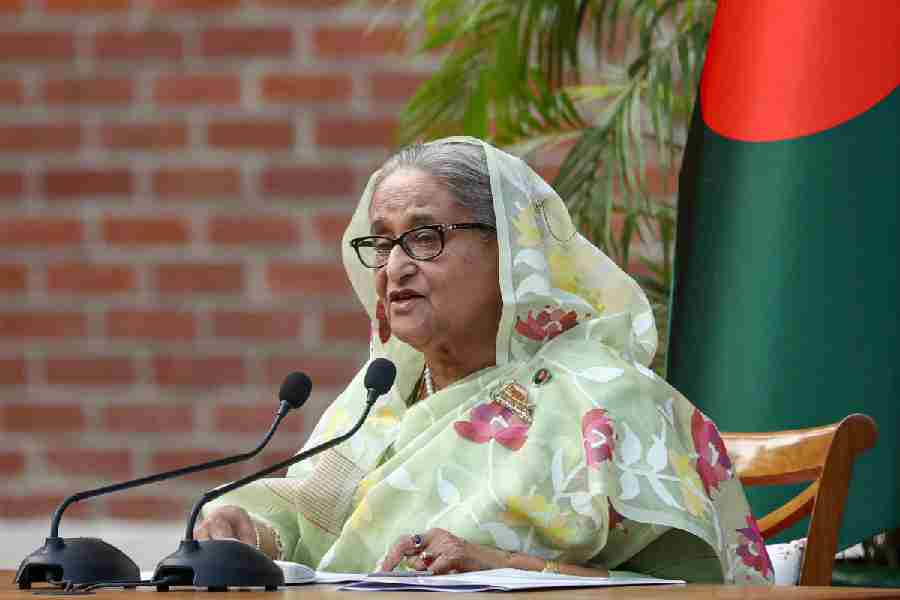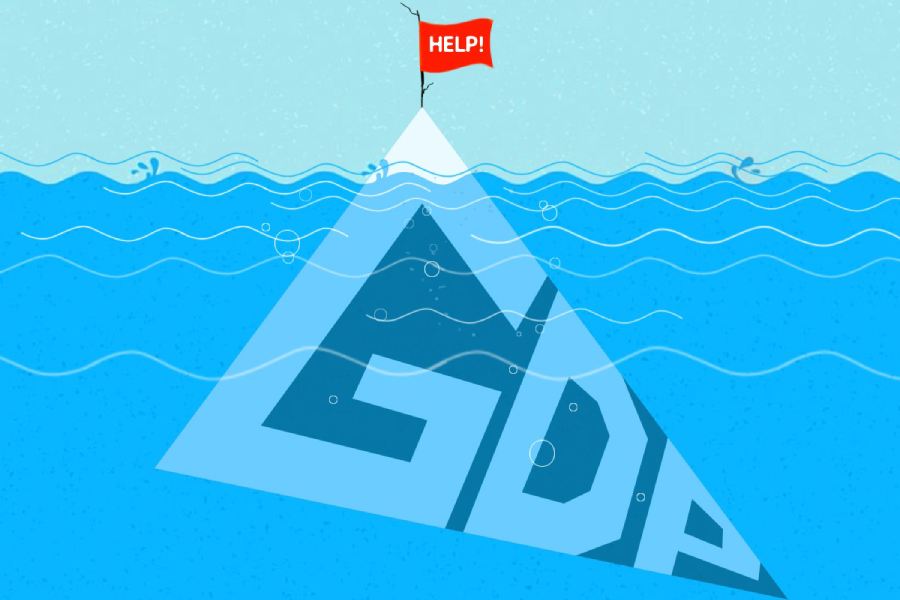In 1945, James Leach Miller returned from the war and said nothing.
He said nothing about it to his wife, not for 64 years of marriage. He folded up his army uniform, with the medals still pinned to it, and put it in the basement, where his older boy would sometimes take it out to play soldiers.
He joined the fire department. He went to church on Sundays. He never complained. “That generation, they didn’t air their problems,” said his younger son, Michael. “He would say, ‘It was not a good time. I’ve had better times.’ He would not embellish.”
Miller was already in his 70s when he began to tell Michael, an Air Force flight engineer, little bits about landing on Omaha Beach on
D-Day. “Fragments would come out,” his son said. The deafening roar as they waited for the beach to clear, crowded into a landing ship with other 21-year-olds. A blur that lasted 24 hours. The buzz-drone of Messerschmitts. Dust clouds. Mud.
Michael once offered to take him back to Normandy — World War II veterans were making the journey — but his father shook his head and said, “I’ve been there once.”
This story comes up for a reason. Miller, 96, who survived what was for Americans the bloodiest battle of World War II, died of complications from the coronavirus on March 30 inside the Holyoke Soldiers’ Home. The virus has spread in more than 40 veterans’ homes in more than 20 states, leading to the deaths of at least 300 people.
The conditions inside the 247-bed, state-run home, where Miller had lived for five years, were so chaotic that his children cannot recount them without breaking down.
When Miller lay weak and gasping that weekend, his two daughters, in a car in the parking lot, pleaded with a nurse on duty over an iPhone to give him morphine or atropine to relieve his suffering. “She said, ‘we can’t do it,’ and she started to cry,” said his daughter Linda McKee. “There was no one there giving orders.”
Michael Miller, at his father’s bedside, did the only thing he could do — moistened his lips with a sponge on a wooden stick.
“At that point, he was choking,” McKee said. “He died with no care whatsoever.”
With scarce protective gear and a shortage of staff, the facility’s administrators combined wards of infected and uninfected men, and the virus spread quickly through a fragile population.
Of the 210 veterans who were living in the facility in late March, 89 are now dead, 74 having tested positive for the virus. Almost three-quarters of the veterans inside were infected. It is one of the highest death tolls of any end-of-life facility in the country.
Multiple investigations have been opened, several of which seek to determine whether state officials should be charged with negligence under civil or criminal law. The facility’s superintendent, Bennett Walsh, a retired Marine Corps lieutenant colonel with no nursing home experience, was placed on administrative leave on March 30.
But many in the state are revisiting decisions made since 2015, when a moderate, technocratic Republican governor, Charlie Baker, was elected on a promise to rein in spending.
The facility’s budget increased by 14 per cent over the last five years, according to a spokesman for the state’s health department.
Even so, there were persistent shortfalls in staffing, and the local unions complained that workers were frequently pressured to stay for unplanned double shifts. The facility’s previous superintendent stepped down in 2015, declaring that the home could not safely care for the population on the existing budget.
All this was well-known before coronavirus arrived in the state this spring, said Erin O’Brien, an associate professor of political science at the University of Massachusetts, Boston.
“All these regular Massachusetts folks that are now outraged, I don’t disagree, but veterans programmes require funding,” she said. “When you vote to shrink government, it has ramifications.”
In 1952, young men were returning to the industrial towns of western Massachusetts after serving in World War II. They were kids from poor families. And they were damaged: shellshocked, learning to live without limbs, unable to communicate what they had seen.
It was to these men that governor Paul Dever, who had fought in the war himself, dedicated the Holyoke Soldiers’ Home, promising to protect injured veterans from what he called “the scissors of false economy”.
Fifteen thousand people lined the streets for that day’s parade, and the facility — built on a hill and illuminated with floodlights — became a source of great pride in this part of the state.
The men in its wards had some stories.
There was Emilio DiPalma, a retired crane operator, who died of coronavirus on April 8.
At 19, an army staff sergeant, DiPalma had guarded Hermann Goering, the driving force behind the Nazi concentration camps, during the Nuremberg trials. DiPalma called him “Hermann the German”. They didn’t get along.
In his memoir, Just a Kid, A Guard at the Nuremberg Trials, DiPalma recalled Goering as arrogant and uncooperative, often berating him in rapid-fire German. Goering used to ask his young guard to bring him cups of water, which DiPalma poured out of a chlorinated pouch.
Goering hated the taste of it, and would grimace and hand it back, remarking “Bah, Amerikanisch”. After a few rounds of this, “I had had it with Hermann’s antics,” DiPalma said. So the next time, DiPalma brought him a cup of water from the toilet. Goering drank it down, and said, “Ah, gute wasser!”
“He smiled, and so did I,” DiPalma wrote. “I guess I felt it was my little contribution to the war effort.”
There was Sam Lococo, a retired postal worker, who contracted coronavirus and died on April 16.
At 20, Lococo had joined the navy and shipped out to the South Pacific. He lived in fear of attacks by Japanese kamikaze pilots. And at the same time, he was part of a team that sent out whaleboats to rescue these pilots after they had crashed into the Pacific.
In an interview with a local historian, he recalled looking into the face of one of those battered and half-drowned men, and seeing terror. “The Japanese had been taught that the Americans were savages, so probably he was afraid of us,” he said. “He kept saying in English, ‘You are going to kill me. You are going to kill me.’” They pulled him from the sea, dressed his wounds in the sick bay, and transferred him to the USS Lexington.
And this was the point of the story. “We treated that pilot like a king,” Lococo said.
“As far as his service, what he encountered in Europe, I really am at a loss, ma’am,” said his oldest son, James P. Miller. “Dad probably just didn’t want to talk about it. It was past.”
But from time to time, he startled the people around him with his swift, instinctive response to crisis, James Miller said.
There was a time when a lawn-mower blade flew off an engine in the shop where he worked, and sliced into a man’s leg so deeply that the other workers started screaming and ran out, but Jim went to the hurt man and bound him up, in his quiet way.
Michael recalls sitting with his father and a VA psychologist screening him for signs of post-traumatic stress disorder. “She said, so what do you do if you’re reading the newspaper and you see something that upsets you? He said, ‘I turn the page and I read the funny papers.’”
Only once, in fact, did he see his father overcome with emotion about the war.
It was in the 1990s, and Jim Miller learned for the first time that there were people who denied that the Holocaust had occurred.
New York Times News Service

